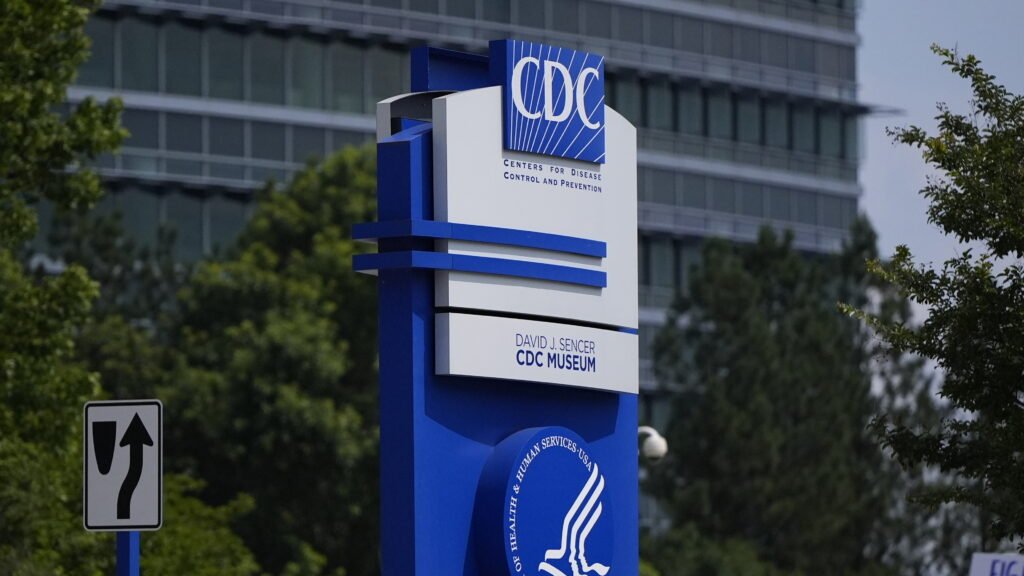The Impact of the Government Shutdown on CDC Researchers Missing Key Infectious Disease Conference
The recent government shutdown has had far-reaching consequences, particularly for CDC researchers who were forced to skip a crucial conference on infectious diseases. The absence of these experts comes at a time when the U.S. is grappling with outbreaks of measles and whooping cough, highlighting the urgent need for high-level discussions and collaboration in the field of infectious disease.
IDWeek, the largest annual meeting of infectious disease experts in the nation, serves as a vital platform for sharing information on diagnosing, treating, and preventing a range of threats, from bird flu to superbugs to HIV. Typically, the CDC sends numerous researchers and outbreak investigators to this conference. However, due to the government shutdown and the lack of funding, only a handful of CDC scientists were slated to attend, and even they were unable to participate.
The decision to hold IDWeek in Atlanta, home to the CDC headquarters, was made over a year ago with the expectation that CDC officials would play a significant role in planning and presenting at the conference. However, since President Trump’s inauguration, there has been a noticeable decline in CDC communication and participation at medical meetings, culminating in layoffs and research funding cuts.
As infectious disease threats continue to loom large, the absence of CDC experts at IDWeek is particularly concerning. With the resurgence of measles and whooping cough, and the constant emergence of new infectious disease threats, the expertise of CDC researchers is more critical than ever. However, the CDC has already experienced a significant loss of workforce through layoffs and other actions, with the Trump administration seeking further reductions.
Despite these challenges, infectious disease specialists like Dr. Michael Osterholm are stepping up to fill the gap left by the CDC’s absence. Initiatives such as the Public Health Alerts publication and collaborations with foundations are being launched to fund and disseminate critical disease research that the government has halted.
However, the restrictions imposed by HHS on federal collaborations with medical organizations have hindered these efforts. Former CDC chief medical officer Dr. Debra Houry, who resigned in protest of agency changes, highlights the chilling effect these restrictions have had on scientific collaboration and information sharing.
The impact of the government shutdown on CDC researchers is evident in the missed opportunities to present crucial research findings at conferences like IDWeek. Dr. Anna Yousaf, a CDC infectious disease doctor, laments the inability to share important research on COVID-19-infected children due to the shutdown. The lack of dissemination of scientific information during this critical time is concerning and underscores the challenges faced by CDC researchers.
In conclusion, the government shutdown has had a significant impact on CDC researchers and their ability to participate in key infectious disease conferences. The absence of these experts highlights the urgent need for continued collaboration and information sharing in the field of infectious diseases, especially in the face of ongoing threats and outbreaks.


